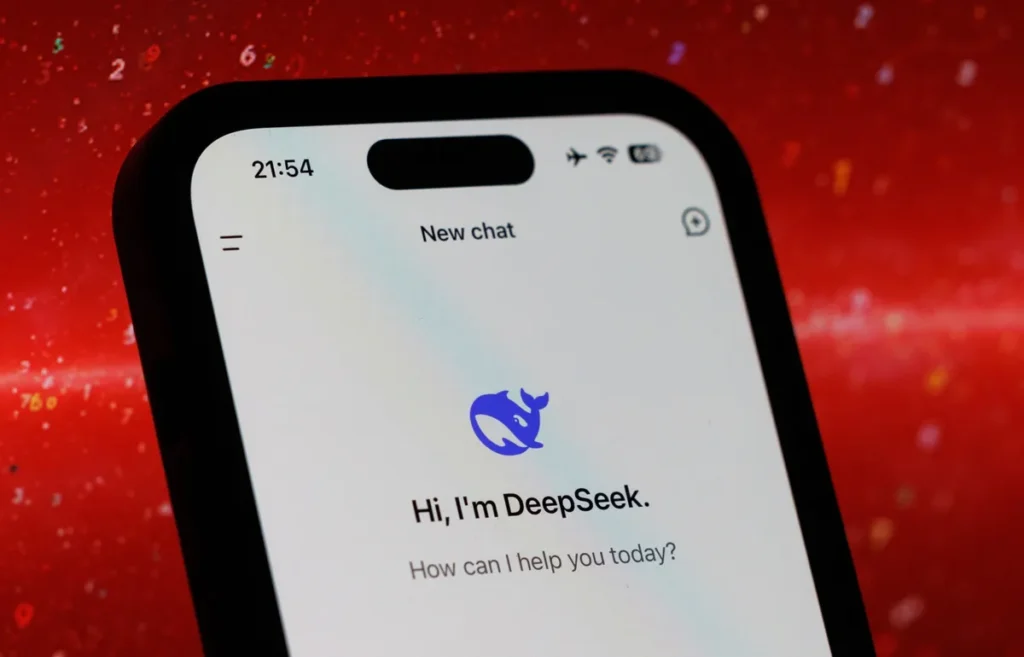Senator Hawley Pushes for AI Ban
On January 29, Republican Senator Josh Hawley launched the Decoupling America’s Synthetic Intelligence Capabilities from China Act. Whereas the invoice doesn’t particularly point out DeepSeek, it could successfully ban the AI software program agency if enacted.
Hawley’s invoice goals to forestall US firms and people from conducting AI analysis and growth with Chinese language entities. The proposal consists of extreme penalties for violations. People would face a $1 million nice, whereas firms may very well be fined $100 million. Moreover, offenders would lose any federal contracts, licenses, or grants they maintain.
The invoice additionally seeks to dam the import and export of AI expertise between the US and China. If handed, this restriction would immediately affect DeepSeek and comparable AI corporations.
A Political Transfer or a Severe Try?
Tensions between the US and China are on the rise in the mean time of this proposal. President Donald Trump raised the tariff on Chinese imports by 10% in current months. Quite a few lawmakers imagine that China abuses American mental property and exploits US commerce insurance policies.
Hawley has lengthy criticized China’s technical and financial insurance policies. He supported taxes on Chinese language-made electrical vehicles final 12 months. He additionally joined hearings with TikTok Chief Government Shou Chew, the place he blamed the corporate for turning over American consumer knowledge to the Chinese language authorities.
Some observers imagine Hawley’s AI invoice is extra about making a political assertion than passing efficient laws. Aaron Brogan, a lawyer specializing in cryptocurrency and rising expertise, famous that some lawmakers introduce payments primarily to realize publicity.
Though Republicans management the Senate with a 53-47 majority, they maintain solely a slim lead within the Home of Representatives. With out bipartisan help, Brogan believes Hawley’s invoice is unlikely to change into legislation. Moreover, the invoice presently has no co-sponsors, making it even tougher to advance.
Issues with the Proposed Legislation
Even when the invoice gained help, it faces a number of sensible challenges. Ben Brooks, a fellow at Harvard’s Berkman Klein Heart for Web & Society, identified that the invoice is simply too broad.
The dearth of exceptions for open-source AI is one other difficulty. Below the invoice’s wording, even non-commercial AI tasks may very well be affected. Critics argue this might stifle AI innovation within the US whereas giving China a bonus.
Some policymakers, particularly these involved about US-China relations, see the ban as mandatory. Brogan believes sure lawmakers need to sever financial ties with China as rapidly as attainable.
AI Rules Are Spreading Globally
Different international locations are taking comparable actions. Italy has imposed a full ban on DeepSeek, whereas Taiwan and Australia have restricted its use by authorities companies. Investigations into DeepSeek’s knowledge assortment practices are additionally underway in Eire, France, India, South Korea, and Belgium.
Whereas a full-scale US ban on Chinese language AI corporations is unlikely, focused restrictions are already taking form. Policymakers world wide see China’s rising AI trade as a possible safety threat, and new laws appear inevitable.
